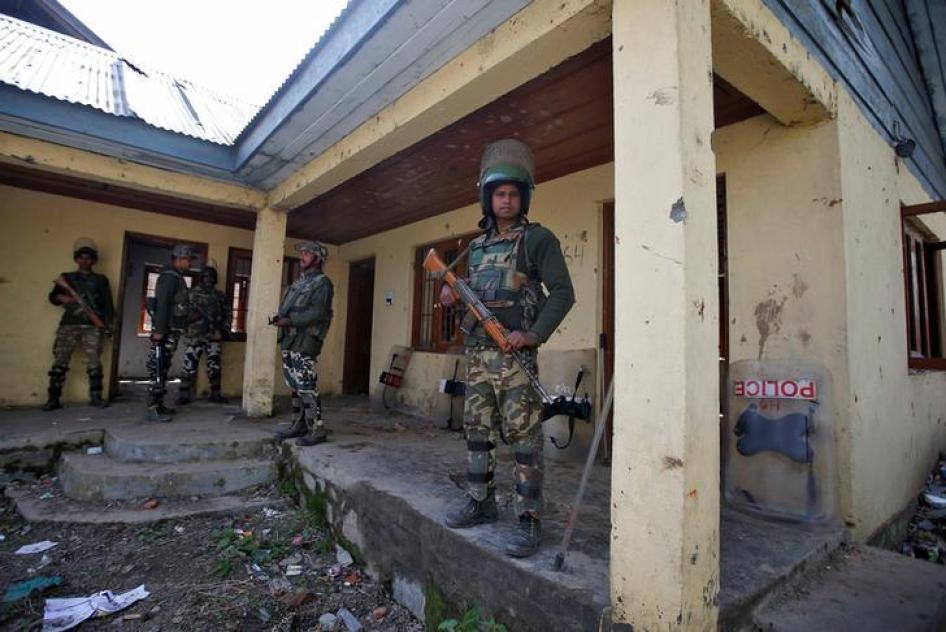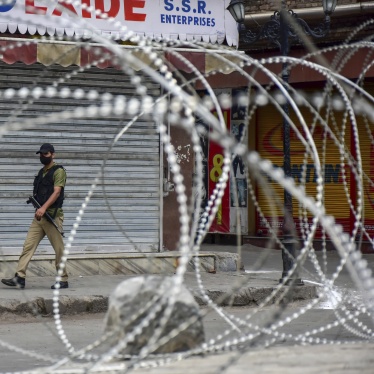The last two decades in Jammu and Kashmir have been marked by atrocities on all sides. Yet now the army has managed to do something which has shocked many people. In an attempt to fend off stone pelters, the soldiers strapped 26-year-old Farooq Ahmad Dar to the front of a military jeep and went through several villages.
While the military is facing widespread criticism for using Dar as a “human shield,” some people have defended the indefensible, arguing that this is a justified response to Kashmiri protesters who hurl stones and heckle and beat members of the security forces. This is not surprising, since in India’s current hyper-nationalist environment, many right-wing groups consider any support for Kashmiri human rights to be anti-national.
But what is surprising is that India’s attorney-general has also chosen to absolve the military of wrongdoing. Even as the police ordered an inquiry into the abuses against Dar, Attorney General Mukul Rohatgi, the highest legal advisor to the government, spoke in approving tones about the whole thing.
In the late 1980s, a Pakistan-backed militancy led to an escalation of violence. Militants were responsible for numerous abuses including targeted political killings, threats against religious minorities, and indiscriminate bombings. Government troops often retaliated with force and there are serious allegations of torture, enforced disappearances and extrajudicial killings.
While Kashmiri militant violence has dropped considerably in recent years, those who brush off security force abuses also tend to ignore the festering anger many Kashmiris feel over the long history of atrocities. Stone-throwing protesters, some of them children, target police, soldiers and public property in repeated protests.
On April 9, protesters were once again on the streets to enforce a boycott of a by-election in Kashmir. Dar was, ironically, among the tiny 7 % who flouted the boycott by casting his ballot. He says he was on his way back from the polling station when soldiers stopped and questioned him about the protests, disbelieved his claims of innocence, then tied him to the jeep with a piece of paper attached to his chest declaring that he had been throwing stones.
The attorney general needs to be a voice of fairness, calm and reason. He should be promoting rule of law and ensuring the prosecution of security force personnel for human rights violations. He has a crucial role in ensuring justice because soldiers deployed in Jammu and Kashmir operate under immunity provided by the widely criticised Armed Forces Special Powers Act.
Containing violent protesters and restoring public order are difficult tasks for security forces all over the world, but that does not give them a pass to flout domestic law and international human rights standards. Dar, who defied a boycott to cast his ballot, is now rightly disillusioned. Justice may go some way towards restoring his faith and that of other Kashmiris.










